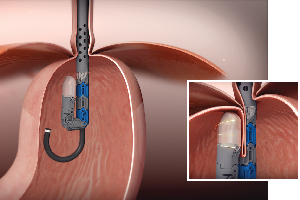How heartburn and gerd occur acid reflux occurs when the sphincter muscle at the lower end of your esophagus relaxes at the wrong time, allowing stomach acid to back up into your esophagus this can cause heartburn and other signs and symptoms frequent or constant reflux can lead to gastroesophageal reflux disease (gerd). Heartburn and acid reflux disease. Acid reflux and gastroesophageal reflux disease (gerd) are closely related, but the terms don't necessarily mean the same thing acid reflux, also known as gastroesophageal reflux (ger), is the backward flow of stomach acid into the tube that connects your throat to your stomach (esophagus).
heartburn and acid reflux disease
Gastroesophageal reflux disease (gerd) is the long-term, regular occurrence of acid reflux this can cause heartburn and tissue damage, among other symptoms smoking and obesity increase a person. The most common symptom of gastroesophageal reflux disease (gerd) is regular heartburn, a painful, burning feeling in the middle of your chest, behind your breastbone, and in the middle of your abdomen. not all adults with gerd have heartburn. other common gerd symptoms include. bad breath; nausea; pain in your chest or the upper part of your. Heartburn is a common symptom of acid reflux and gerd. you may develop a burning sensation in your stomach or chest after eating a full meal or certain foods. gerd can also cause vomiting or.

